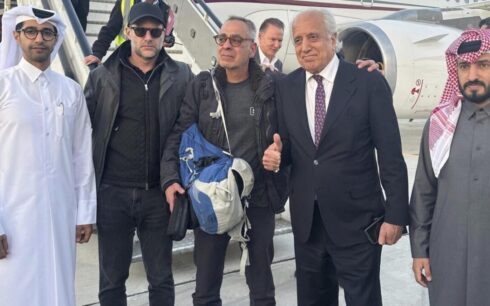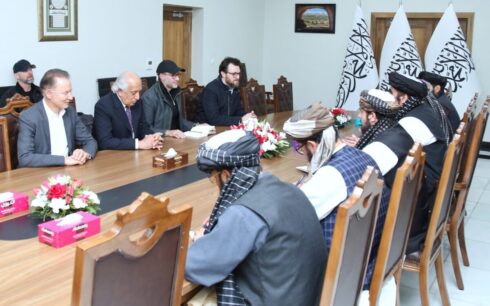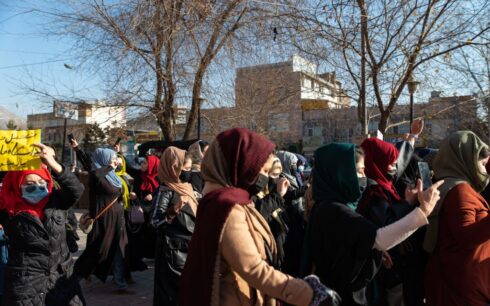The United Nations Security Council (UNSC) is set to convene for a meeting focused on Afghanistan, commencing with an open briefing followed by closed consultations, scheduled for Tuesday.
Roza Otunbayeva, the Special Representative of the Secretary-General for Afghanistan and head of the UN Assistance Mission in Afghanistan (UNAMA), is anticipated to provide insights into the Secretary-General’s most recent report on the mission, dated September 18.
UN Women Executive Director Sima Sami Bahous will also address the Council, alongside a female civil society representative who will discuss women’s rights and accountability in Afghanistan, as per a UN statement.
Council members who have endorsed the Shared Commitments on Women, Peace, and Security (WPS) – including Albania, Brazil, Ecuador, France, Gabon, Japan, Malta, Switzerland, the United Arab Emirates (UAE), the United Kingdom, and the United States – are poised to issue a joint statement on Afghanistan before the meeting, as indicated by the statement.
A focal point of the meeting is expected to be the substantial constraints on the rights of women and girls in Afghanistan. During the session, briefers and several Council members may cite instances of recent Taliban measures that have further restricted women’s freedom of movement, educational opportunities, and employment participation.
These actions include the Taliban’s decision in July to shutter all beauty salons, previously a source of employment and safe social interactions for tens of thousands of Afghan women, as stated in the UN statement. Additionally, some may highlight the Taliban’s August prevention of a group of Afghan women from traveling to the UAE for university and the prohibition of women from entering a national park near Kabul.
The Taliban’s policies pertaining to women and girls have elicited widespread international condemnation. On August 15, Bahous remarked that the Taliban has established a system rooted in the mass oppression of women, widely characterized as gender apartheid. Other UN officials, including Secretary-General António Guterres and UN High Commissioner for Human Rights Volker Türk, along with Council member Albania, have also employed the term “gender apartheid” to describe the Afghan situation.
In a report dated September 8, Human Rights Watch contended that the Taliban is perpetrating the crime against humanity of gender persecution against women and girls. The report noted that the International Criminal Court’s investigation in Afghanistan could offer a route to accountability for this crime. Several UN officials and some Council members, such as Malta, have used the term “gender persecution” to describe Taliban policies.
During the meeting, Bahous is expected to emphasize the perspectives of Afghan women regarding the challenging circumstances they confront.
She is likely to reference the findings of a September 19 report derived from quarterly country-wide consultations involving UN Women, the International Organization for Migration (IOM), and UNAMA.
These consultations involved 592 Afghan women from 22 provinces, reflecting on developments from April to June.
The report underscores that many women have lost their jobs or halted their education due to edicts or social pressures, leaving them unable to meet essential household needs.
During the meeting, several Council members, including the P3 (France, the UK, and the US) and like-minded states, may reiterate their stance that the Taliban must adhere to international norms to secure international recognition and receive economic and developmental assistance from the global community.
In contrast, China and Russia advocate that the international community should extend assistance to Afghanistan without attaching conditions, such as human rights concerns.





